News & Events
News Releases
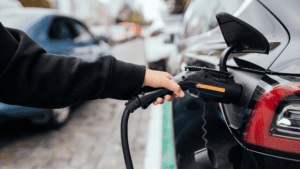
Announcing expansion to ICE’s sustainable transportation program, Charge Up
OTTAWA, ON, May 31, 2023 – Indigenous Clean Energy (ICE) is pleased to announce the expansion of the Charge Up program, which includes increased funding and extended timelines for application and project completion for participants.

From coast to coast to coast, Indigenous clean energy leaders come together on a one-of-a-kind learning experience
UNAMA’KI, NS, May 1, 2023 – Indigenous Clean Energy (ICE) is proud to announce the first on-site intensive session with the 2023 cohort of Catalysts taking place in Mi’kmaw traditional territory of Unama’ki (Cape Breton, Nova Scotia) and home of Eskasoni, Membertou, Potlotek, Wagmatcook, and We’koqma’q First Nations.
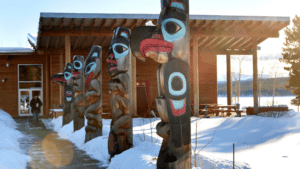
Announcement – Indigenous Clean Energy (ICE) Appoints New Executive Director
OTTAWA, ON, March 21, 2023 – The Board of Directors and staff of Indigenous Clean Energy (ICE) Social Enterprise are pleased to announce the appointment of James Jenkins as the new Executive Director of ICE. Effective March 20, 2023, James will work closely with founding Executive Director, Chris Henderson to ensure a smooth transition for the organization.
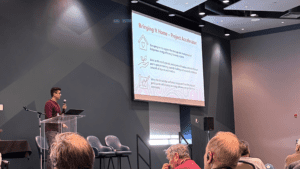
New initiative to advance Indigenous energy efficiency housing projects
IQALUIT, NU, March 8, 2023 – Announced today at the Qikiqtani Energy Forum in ᐃᖃᓗᐃᑦ, ᓄᓇᕗᑦ (Iqaluit, NU), the Project Accelerator is an Indigenous-led program to support the start-up and implementation of Indigenous energy-efficient housing projects.

Indigenous Clean Energy COP27 – Calls to Action
SHARM EL SHEIKH, EG, Nov. 18, 2022 – The Indigenous Clean Energy (ICE) delegation wraps up its time at COP27 with an impactful event illustrating Indigenous and community avenues to sustainable energy futures. Chief Sharleen Gale, Daphne Kay, Mihskakwan James Harper, Dane De Souza and Blaine Chislett shared insights, traditional knowledge, and wide breadths of experiences about what it means to forge a trail for Indigenous clean energy projects locally, nationally and globally.

Indigenous Clean Energy Trailblazing at COP27
OTTAWA, ON, Oct. 18, 2022 – Indigenous Clean Energy Social Enterprise (ICE) is pleased to announce its participation at COP27, the 2022 United Nations Climate Change Conference taking place in Sharm El Sheikh, Egypt, from Nov.6 to Nov.18, which aims to bring communities, civil society groups, heads of state, climate experts, negotiators, business leaders together to tackle climate change. The ICE delegation will lead and take part in a variety of sessions as part of the official United Nations Framework Convention on Climate Change (UNFCCC) events.
Jump to a section:

How Indigenous communities became major players in Canada’s energy transition
Energy Monitor — Indigenous communities in Canada have been trailblazers in the clean energy transition, especially when it comes to microgrids in remote locations.
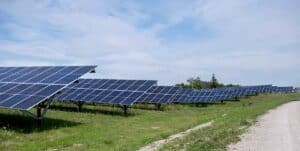
Indigenous role in renewable energy landscape continues to grow
theglobeandmail.com — On a sunny day last month, a group of about 30 people toured the Nanticoke Solar facility, a 44-megawatt project built on the former site of what was Ontario’s biggest coal-fired plant before it was decommissioned in 2013.

Two First Nations women have secured funding to build an off-grid solar powered greenhouse to provide food security for their community
EcoHome — The Sagkeeng First Nation is a Treaty-1, 3 and 5 First Nation in the Eastman Region of Manitoba, where two young and ambitious members of their community have undertaken a project to build a clean energy-powered greenhouse to provide urgently needed affordable food security for their community.

Iqaluit workshop focuses on more community ownership of clean energy projects
Nunatsiaq News — Participants given opportunity to connect to mentors, build partnerships
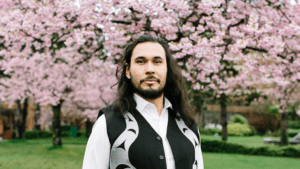
The Coming Indigenous Power Play
The Tyee — Inside the First Nations-led plan to decolonize British Columbia’s electricity. Last in a two-part special report.
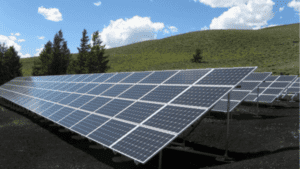
Feds must incorporate Indigenous youth in clean energy push
ipolitics.ca — Three Mi’gmaw communities in the Gaspe region of Quebec have been reaping the wind for the past four years as a result of their 50-per-cent ownership in a 150-megawatt wind farm on their traditional territory. The Mesgi’g Ugju’s’n project is an important signpost as Indigenous communities have taken increasing ownership stakes in clean-energy projects across Canada.
Media Inquiries
For media inquiries, please contact:
Lina Forero, Senior Communications Manager
lforero@indigenouscleanenergy.com
